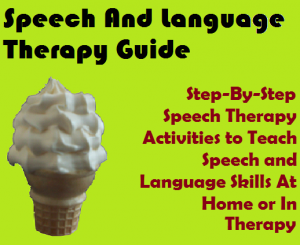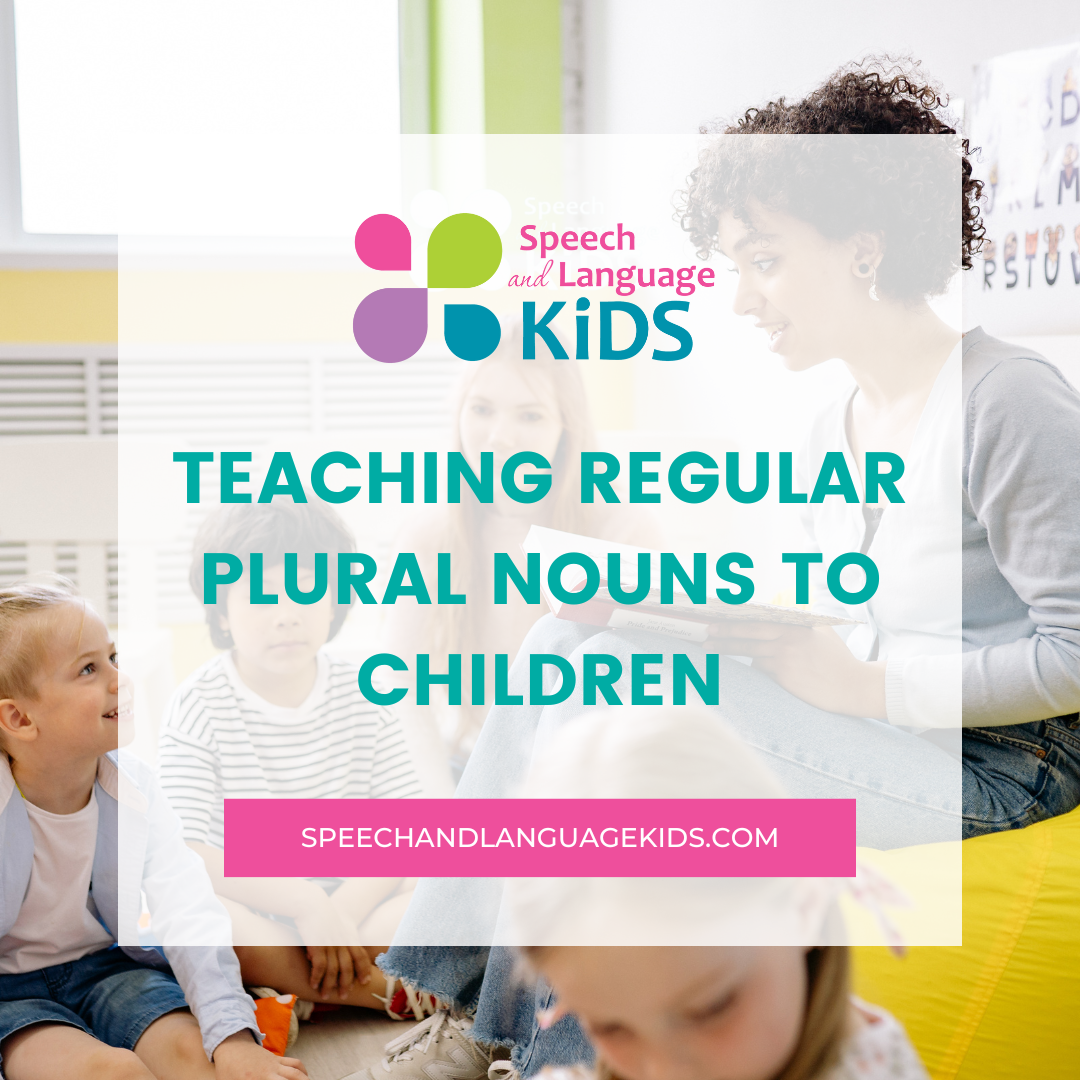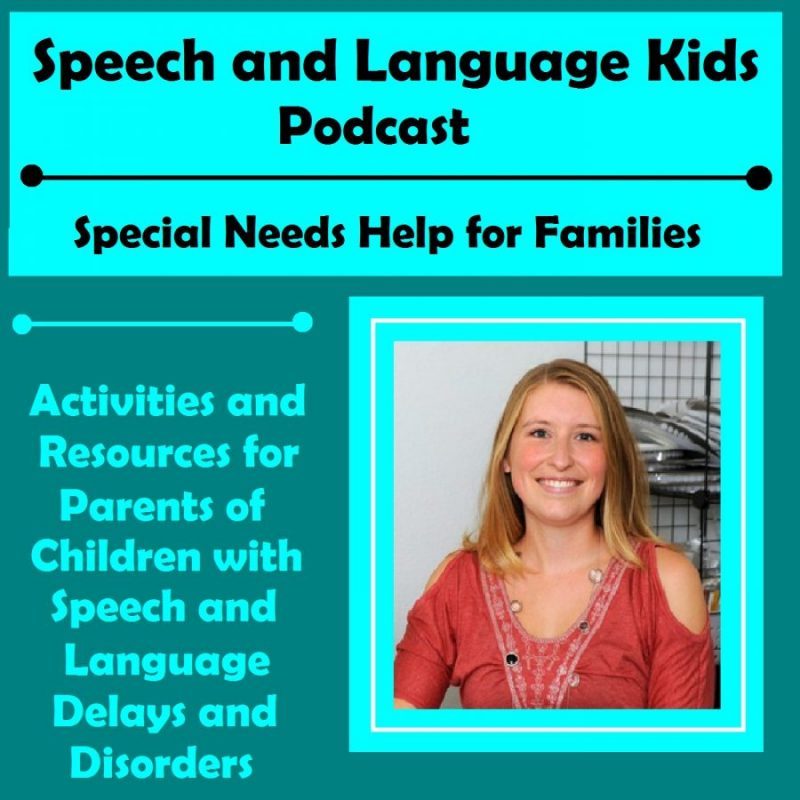Welcome to the IEP and Caseload Resource Page! This page is all about helping you understand and navigate IEPs (as a parent or speech therapist) and manage your therapy sessions and caseloads.
SLPs, you will find valuable information about making your job easier.
Parents, you will find great information about working with your child’s school and managing your speech therapy sessions at home.
What is an IEP Plan?
IEP stands for Individualized Education Plan. This plan is something that a school and parent creates to describe how a child with an identified delay or disability will receive services at school. The following things are generally included in an IEP:
- What therapies a child needs
- Why the child needs those therapies
- What goals the child will work on during the upcoming year
- How the child is currently performing on those goals
- How much therapy time the child will receive to work on those goals
- What the rest of the child’s education will look like (how much time in the regular education classroom)
- Any additional services the child may need, such as special bussing
For more detailed information, check out this podcast episode:
Parent Rights in the IEP Process
The Definitive Guide to IEP Goals: For the Professionals Who Write them and the Parents who Read Them
How Do Parent-Teacher Conferences Work for Children with Speech Therapy
You can request that your child’s speech therapist attend your child’s parent-teacher conferences. Here are some tips for having a successful parent-teacher conference with your child’s speech-language pathologist:
Parent-Teacher Conferences with Speech Therapists
How Long Should Speech Therapy Sessions Last?
Each child is different and some children will benefit from longer or shorter speech therapy sessions, but this podcast discusses some of my recommendations on how long your speech therapy sessions should last at school or at home:
5-Minute Speech Therapy? How Long Should Your Sessions Last?
Where Can I Find Lesson Plans for Speech Therapy?
It is often difficult to know exactly how to teach a speech or language skill. You may also find that the child is tiring of one approach and you need some fresh ideas. This e-book that I created is packed full of fantastic step-by-step lesson plans for 39 different speech and language skills.
Each lesson plan will take you through the various steps of teaching that skill. It includes practical activities as well as worksheets and handouts for each step. It will also help you determine which skills to start on first with a child.
For more information, click below:
 Speech and Language Therapy Guide
Speech and Language Therapy Guide
Where Can I Find Free Materials??
So glad you asked! 🙂 I have a whole page of free speech therapy materials! Head on over and check it out:
How Can I Make Speech Therapy More Fun?
Browse All IEP-Related Articles:
Plurals Speech Therapy: How to Teach Regular Plural Nouns to Children
How to Teach Regular Plural Nouns in Speech Therapy: Most of the time when we have more than one of something, we just an an -s to the end of the word. But
Playground Activities for Speech and Language
It’s finally Spring! That means time to go outside!! All kids love going to the park or the playground, but did you know that you can work on speech and language skills while you’re
Speech Therapy for Toddlers and Late Talkers: Podcast 8
Click Here to Check Out My E-Book for Jump Starting Late Talkers The topic of this episode is "Help! My Child isn't talking yet!" This episode will give you information about speech therapy
Word Retrieval / Word Finding Strategies & Activities
Word Retrieval / Word Finding Strategies and Activities When a child can't think of the right word... ...or says the wrong word instead... ...they may be struggling with word finding. This page explains
Restaurant Activities for Speech and Language
If you’re anything like me, you love going out to eat! But all that wait time at restaurants can get hard for children, especially those with attention problems. Well, good news! You can work
A Parent’s Guide to AAC for Children
In this episode of the Speech and Language Kids Podcast, I'm give you an overview of Alternative and Augmentative Communication (AAC). And in the quick tip, I'll tell you where you can download tons of







